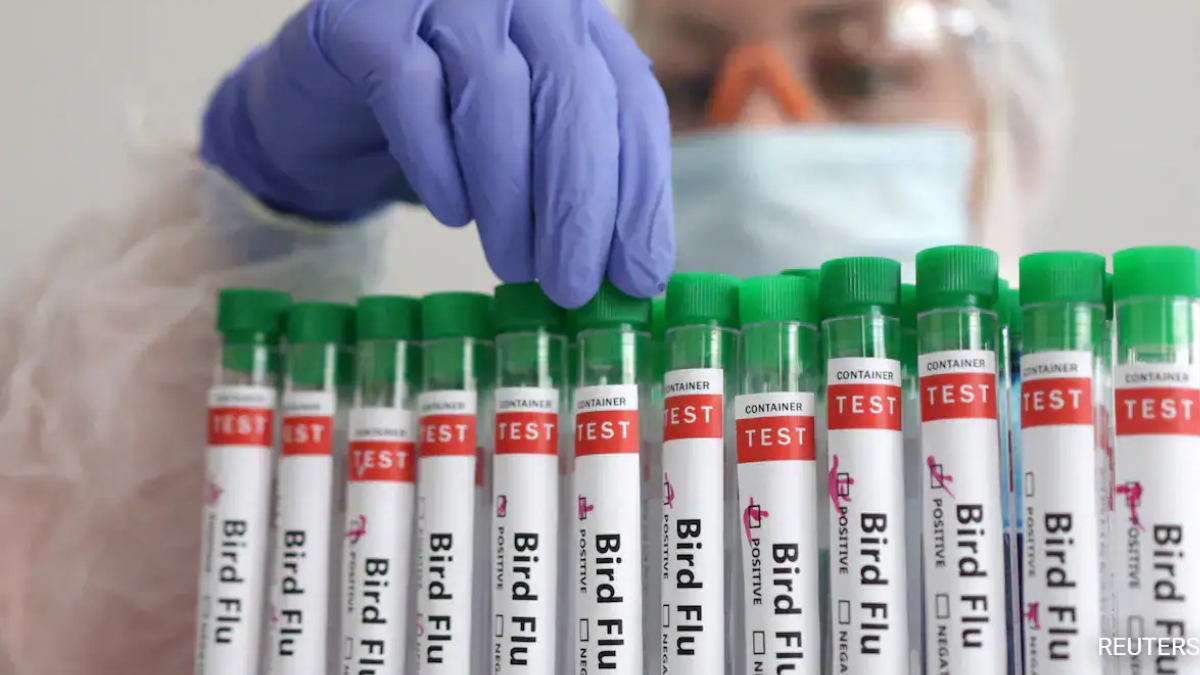The World Health Organization (WHO) announced that a 59-year-old man in Mexico was the first confirmed human case of H5N2 avian influenza virus infection. Despite the presence of the virus, his death was attributed to multiple underlying health issues, according to WHO spokesman Christian Lindmeier.
Mexico’s health ministry detailed the man’s extensive medical history, including chronic kidney disease, type 2 diabetes, and long-standing systemic arterial hypertension. The patient, bedridden for three weeks, developed acute symptoms such as fever, shortness of breath, diarrhea, nausea, and general malaise on April 17. He was hospitalized in Mexico City on April 24 and passed away later that day.
“The death is a multi-factorial death, not a death attributable to H5N2,” Lindmeier clarified in an AFP report during a media briefing in Geneva. He emphasized that the patient’s condition was a result of several pre-existing diseases. Subsequent tests confirmed the presence of H5N2.
In the hospital, seventeen contacts of the patient were identified and all tested negative for influenza. Similarly, twelve contacts from the man’s residence in the preceding weeks also tested negative. Investigations, including serology tests, are ongoing to determine any possible earlier infections.
The source of the man’s exposure to H5N2 remains unknown, although the virus has been reported in poultry in Mexico. The WHO assesses the current risk to the general population as low.
Addressing concerns about food safety, Markus Lipp, a senior food safety officer at the UN’s Food and Agriculture Organization, stated that the risk of contracting avian influenza through eating poultry is “negligibly low.” He added, “In all the hundred years of avian influenza… there has not been any demonstrated food-borne transmission.”
Lipp highlighted that the primary risk lies with animal handlers who are in close contact with infected animals, rather than through food consumption.
As investigations continue, the WHO and other health organizations are monitoring the situation closely to ensure public safety and to understand the dynamics of the H5N2 virus in humans.






